Scientists Uncover Hidden Key to Exercise's Anti-Aging Effects
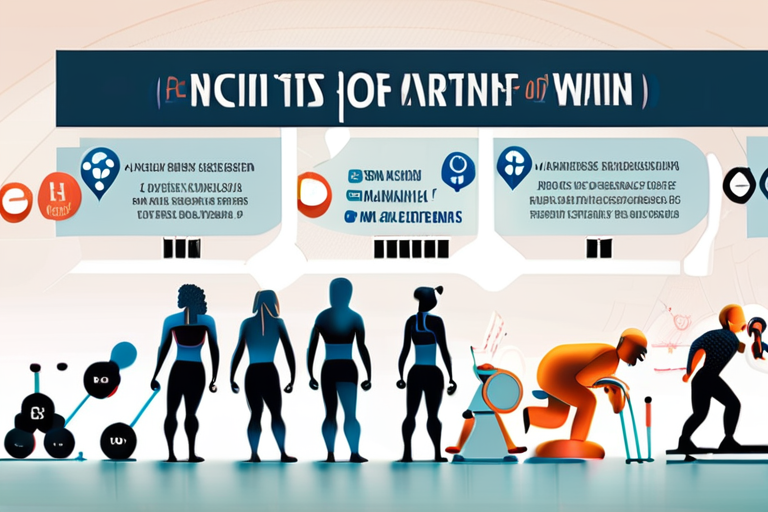
Multi-Source Journalism
This article synthesizes reporting from multiple credible news sources to provide comprehensive, balanced coverage.

Multi-Source Journalism
This article synthesizes reporting from multiple credible news sources to provide comprehensive, balanced coverage.
Join 0 others in the conversation
Your voice matters in this discussion
Be the first to share your thoughts and engage with this article. Your perspective matters!
Discover more articles
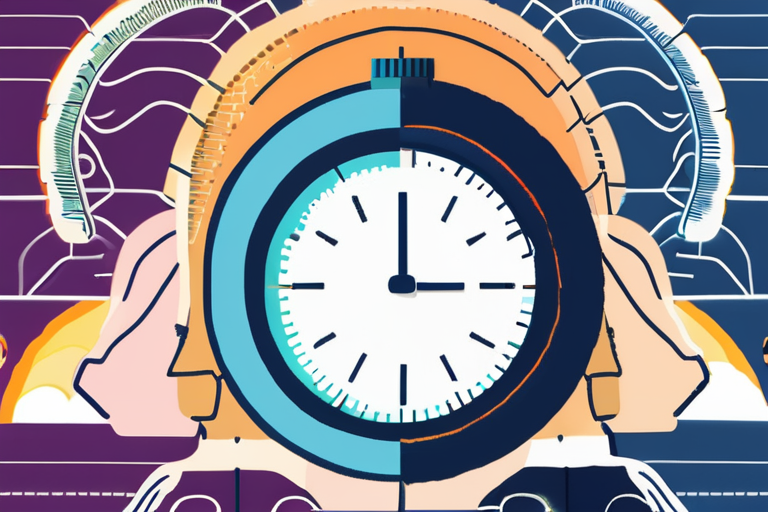
Researchers at Washington University School of Medicine have made a groundbreaking discovery that altering the body's natural rhythm may protect the brain from Alzheimer's damage. By disrupting communication between the body's internal clock and the

Scientists have discovered a molecule called betaine that mimics the anti-aging effects of exercise, potentially paving the way for a pill to slow aging. Research found that the kidneys play a crucial role in releasing betaine, which restores balance

Here is a 2-3 sentence summary of the key newsworthy elements: Scientists are uncovering new methods to measure biological aging, revealing that some people's bodies can age at different rates despite their chronological age, and sparking hopes for

A groundbreaking study suggests that daily vitamin D supplements may slow the aging process by preserving telomeres, the protective caps on our DNA. Researchers believe vitamin D's anti-inflammatory effects may shield DNA from damage, but more resear
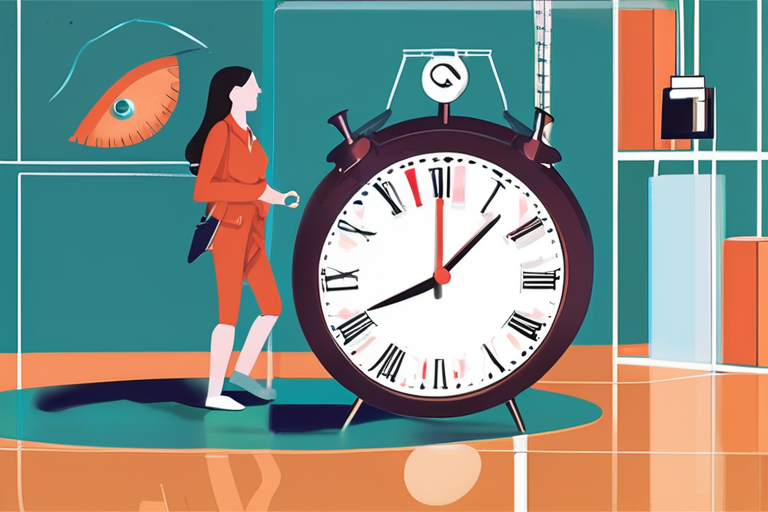
Researchers have developed "aging clocks" to measure biological age, which can differ from chronological age. These tools assess factors like inflammation and cholesterol levels to determine a person's true age, revealing that some individuals may be
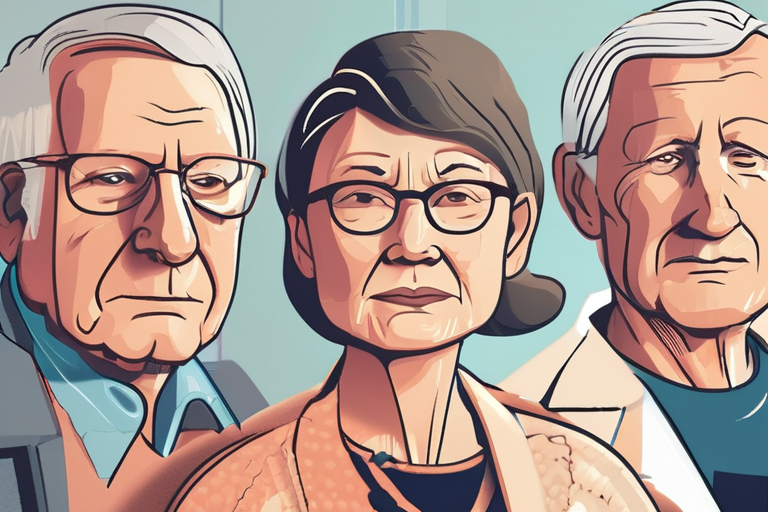
New research suggests that mild dietary stress may be key to healthy aging, with scientists discovering that certain nutrients can activate beneficial stress defenses in nematodes, preventing toxic protein buildup and promoting longevity. This findin
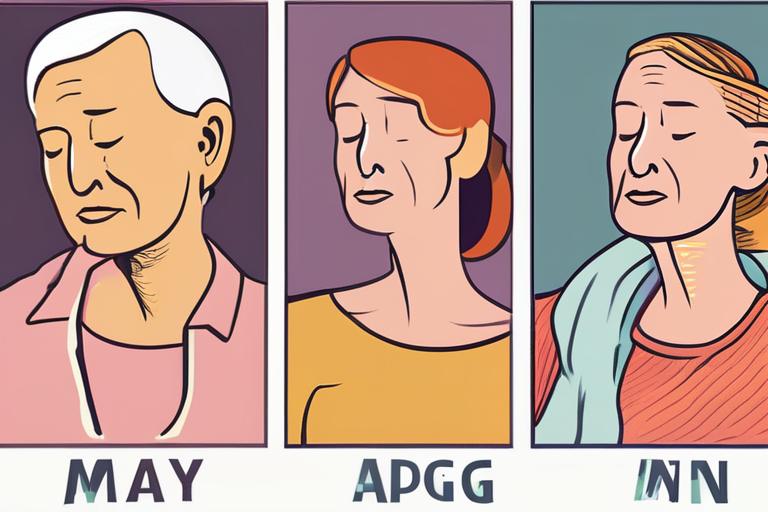
A groundbreaking study suggests that daily vitamin D supplements may slow down the aging process by protecting telomeres, the protective caps on our DNA that prevent cellular damage. Researchers believe vitamin D's anti-inflammatory effects may be ke
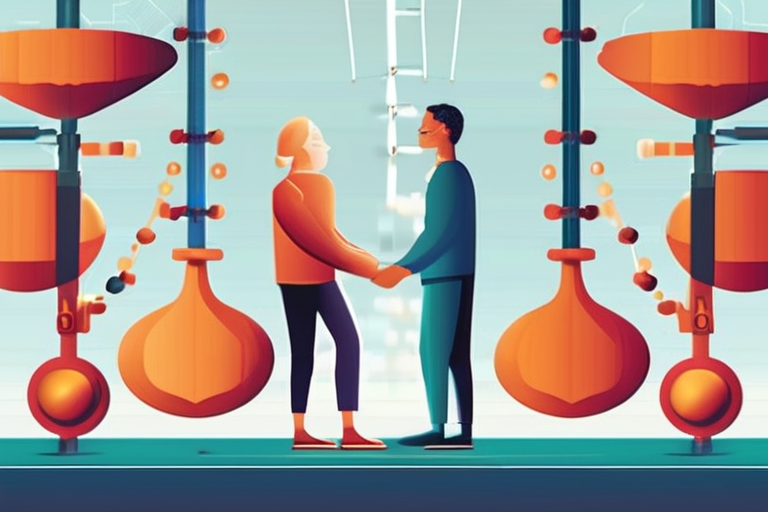
Researchers at the University of Tsukuba have identified a blood molecule called CtBP2 that may play a crucial role in regulating metabolism and influencing the aging process across the entire body. Lower levels of CtBP2 have been linked to poor heal
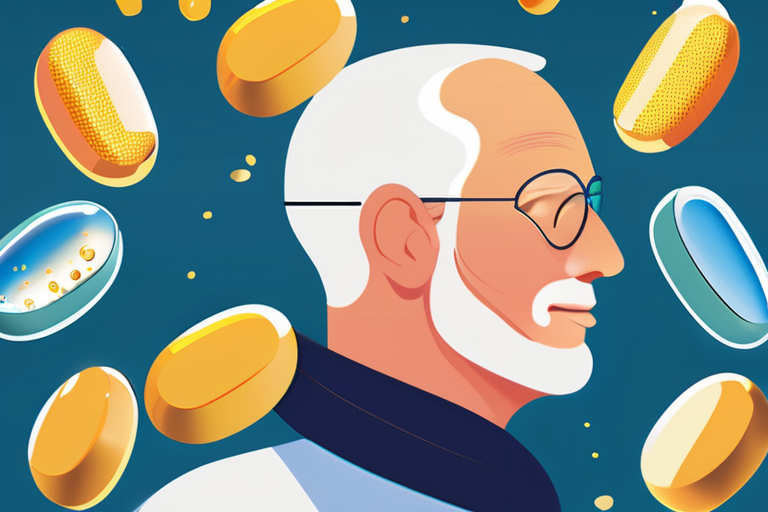
A groundbreaking study suggests that daily vitamin D supplements may slow down the cellular aging process by preserving telomeres, the protective caps on our DNA. Researchers attribute this potential anti-aging effect to vitamin D's anti-inflammatory

Here is a 2-3 sentence summary of the key newsworthy elements: Scientists have made a groundbreaking discovery about how our bodies remember movement patterns, revealing that muscles themselves have a memory for exercise and physical activity. This
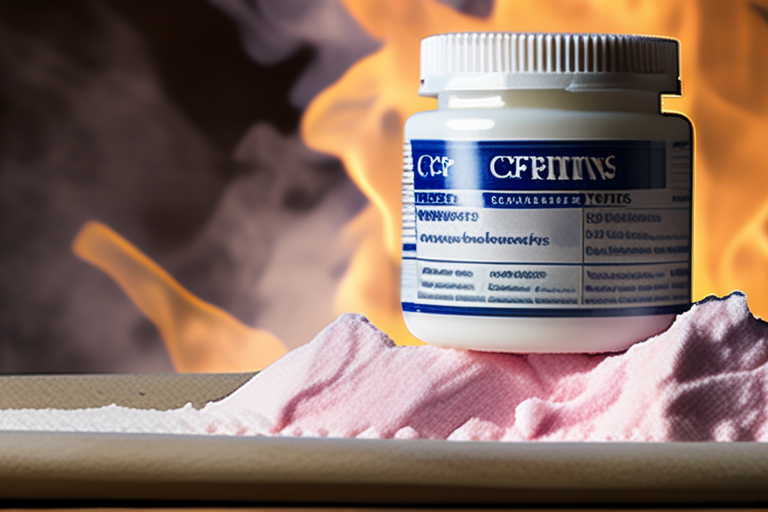
New evidence is emerging that challenges the effectiveness of creatine supplements for achieving optimal health benefits, despite their growing popularity among social media influencers who claim they can improve muscle growth, cognitive function, an
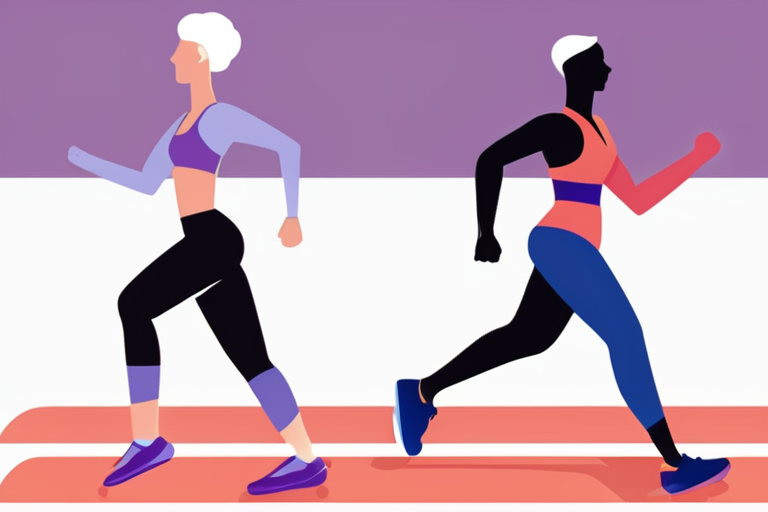
Here is a 2-3 sentence summary that captures the key newsworthy elements: Research suggests that centenarians' secret to longevity lies not in intense exercise routines, but rather in a lifetime of regular, moderate physical activity, such as walkin
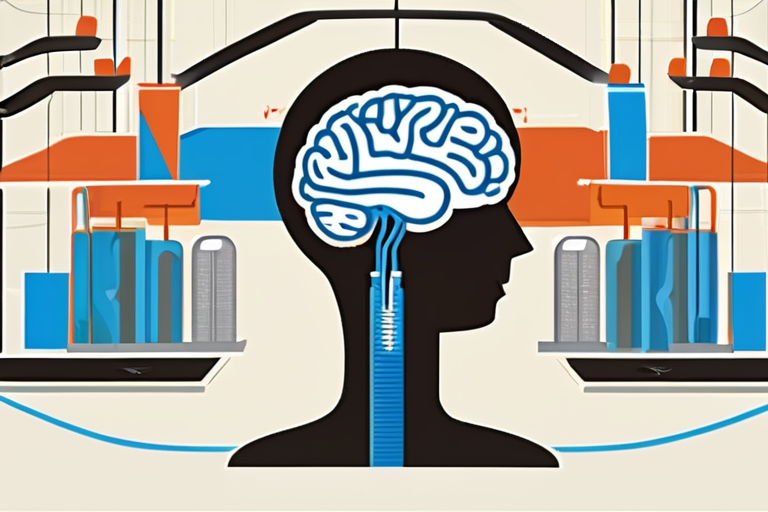
Researchers have discovered that intense mental exercise can reverse a brain change linked to aging, specifically increasing levels of the chemical messenger acetylcholine in the brain, which is crucial for decision-making and typically declines with
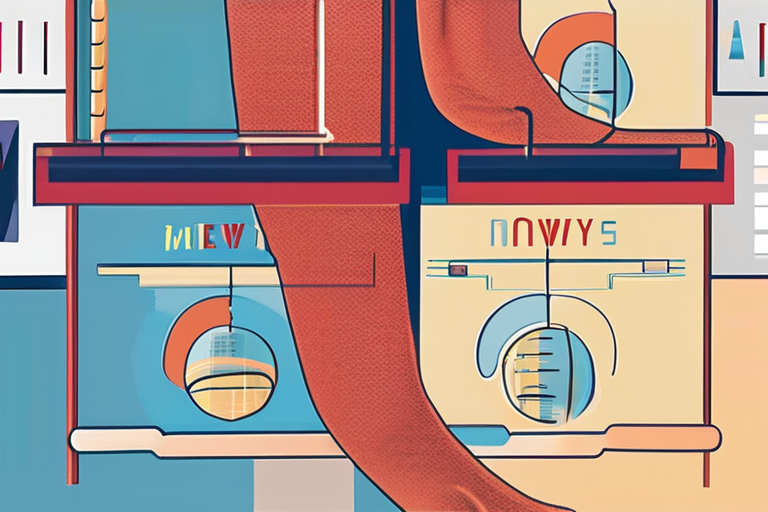
Here is a 2-3 sentence summary of the article: Researchers have discovered that muscles themselves possess a form of memory for movement and exercise, allowing them to adapt and change in response to repeated activity. This "muscle memory" is made p
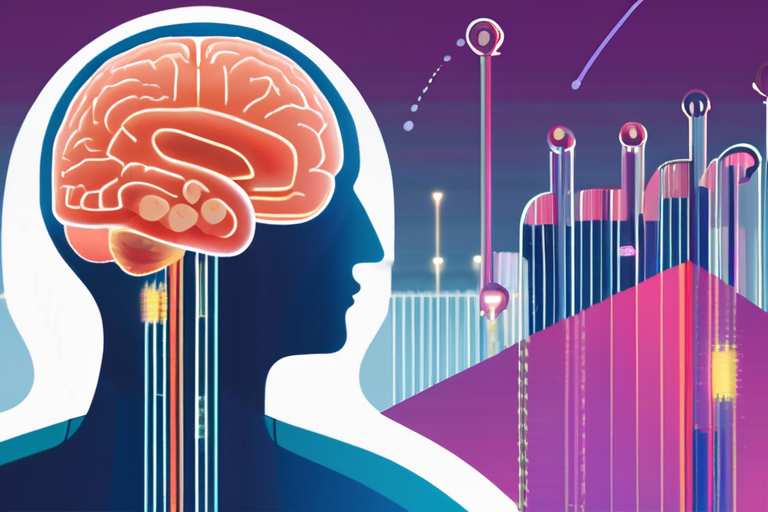
Researchers at Washington University School of Medicine have made a groundbreaking discovery that could potentially protect the brain from Alzheimer's damage. By disrupting the body's internal clock, they found that levels of a brain-protective molec
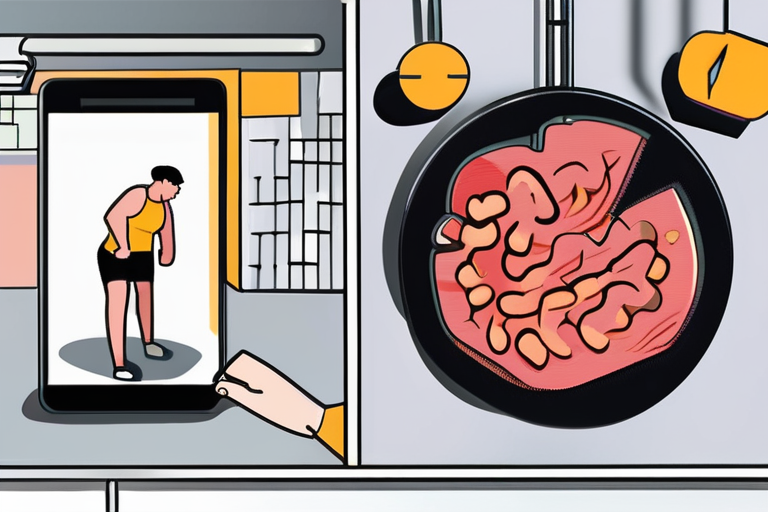
Scientists have made a groundbreaking discovery about the link between exercise and appetite suppression. Research reveals that intense physical activity triggers the production of Lac-Phe, a molecule that directly affects hunger neurons in the brain
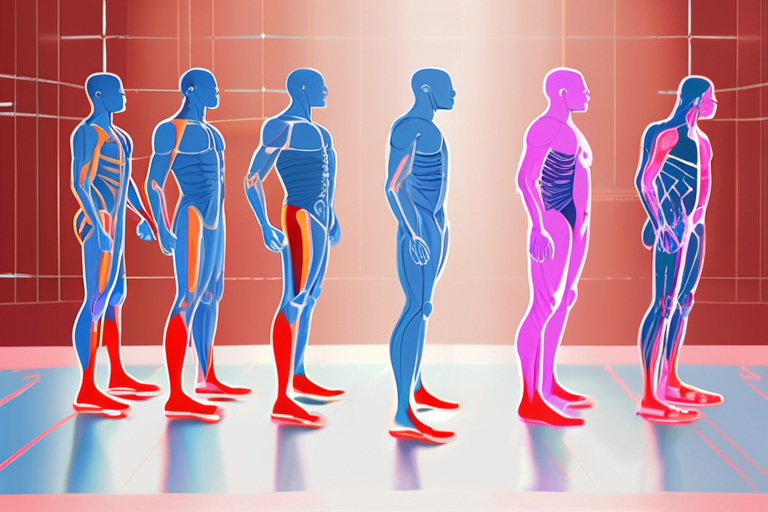
Scientists have discovered that our muscles themselves possess a memory for movement and exercise, with regular physical activity causing cells to store and recall motor patterns. This breakthrough challenges previous understanding of muscle memory a
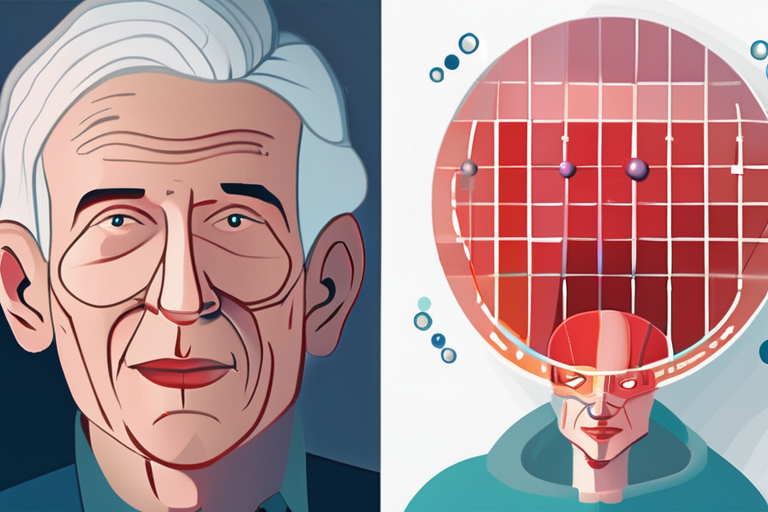
Researchers at the University of Tsukuba have made a groundbreaking discovery about a blood molecule called CtBP2, which plays a crucial role in regulating metabolism and appears to be linked to the aging process across the entire body. Lower levels
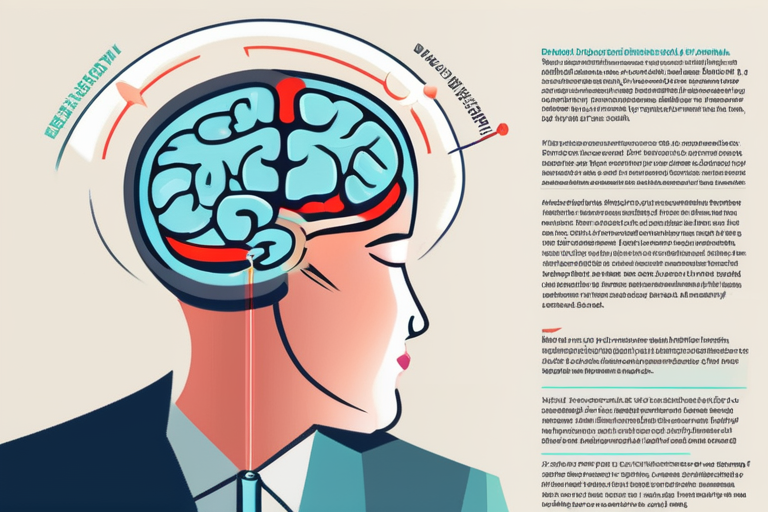
Scientists at Weill Cornell Medicine have made a groundbreaking discovery pinpointing a previously unknown source of free radicals in the brain that fuels dementia. Research from multiple sources, including Weill Cornell Medicine and Science News, re
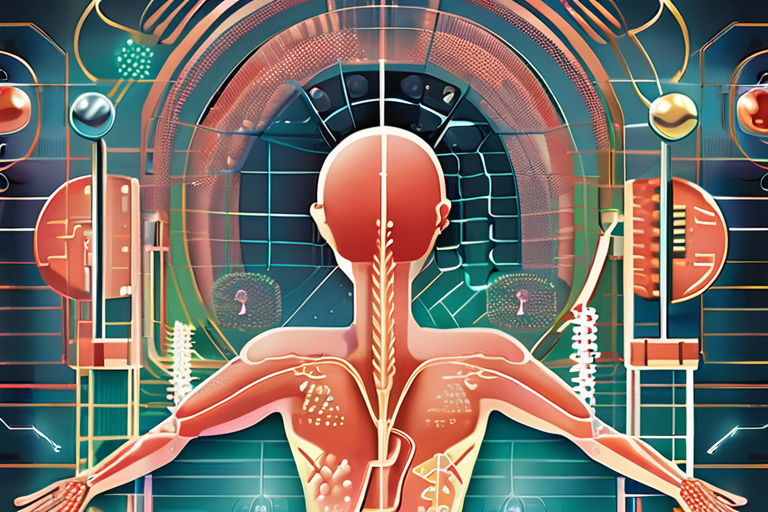
Scientists have made a groundbreaking discovery that could potentially reverse aging by reactivating the body's natural cellular cleanup system, known as the lysosome, which removes harmful proteins that drive premature aging. This breakthrough, made

New research from the Victor Chang Cardiac Research Institute in Australia has debunked the long-held notion that exercise depletes one's heartbeats, revealing that fitter individuals actually use fewer heartbeats daily due to their lower resting hea

Researchers have developed "aging clocks" that can measure a person's biological age by detecting subtle changes in their body, such as inflammation and cholesterol levels, which can reveal how well or poorly an individual is aging compared to their
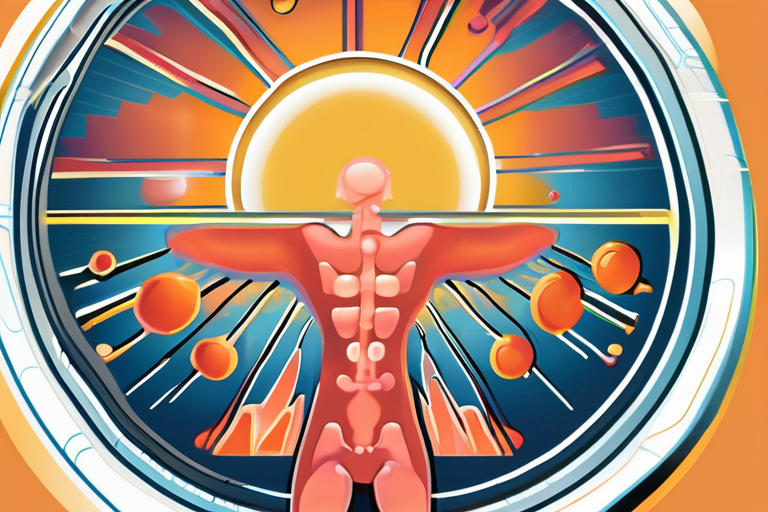
A groundbreaking study suggests that daily vitamin D supplements may hold the key to slowing down the aging process by protecting telomeres, the DNA caps that shield cells from damage. Researchers attribute this potential anti-aging effect to vitamin
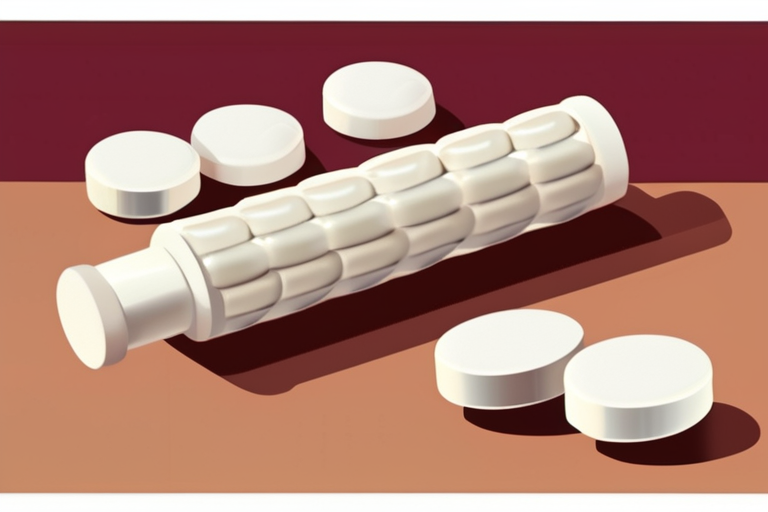
A major study has debunked a long-held concern about calcium supplements and dementia risk, finding no evidence that taking calcium alone increases the likelihood of developing dementia in older women. The research, which followed over 1,400 particip
Share & Engage Share
Share this article